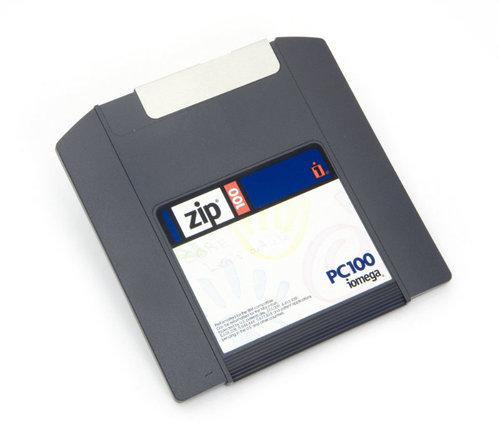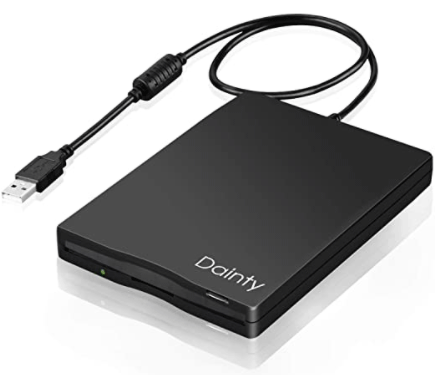Guide
How to Read A Floppy Disk

Do today’s home computers need to have the capability of reading floppy discs? If this is the case, you will need to get an appropriate floppy disc reader in order to make the personal computer recognise the floppy disc. Following that, you will be tasked with releasing the data that is locked up in antiquated forms and converting it into data that is legible.
Read Also: How to Destroy Floppy Disks
Can You Still Read Floppy Disks?
The term “floppy disc” refers to a certain sort of storage disc. The first floppy disc to be made available for purchase in the marketplace was developed in the late 1960s. Up until the early 2000s, personal computers (PCs) typically made use of removable storage media known as floppy discs. The 5.25″ and 3.5″ floppy discs have been the most popular sizes for this type of storage medium ever since they were first commercially available approximately four decades ago.
It’s probable that some people are curious about whether or not modern personal computers can read floppy discs. This is a perfectly reasonable question to ask. In point of fact, the ability to read data from a floppy disc will depend on whether or not you have the following two factors:
- Because the drivers that allow modern personal computers to read and write floppy discs have been removed, these floppy discs cannot be read or written on by modern personal computers.
- The information that is encoded on floppy discs is kept in outdated formats that may not be supported by personal computers that have been built more recently. It is likely that in order to decrypt the data, you will require assistance from software that was not developed by you.
How to Read Floppy Disk on Modern PCs?
If you have an older personal computer, you should have no trouble reading a floppy disc. But in this day and age, very few individuals still use antiquated personal computers. On more recent personal computers, you can still read floppy discs. You can accomplish this by utilizing USB readers for floppy discs. However, there are certain distinctions to be made between floppy discs that measure 5.25″ and 3.5″ in diameter.

Simply insert your floppy disc into the floppy disc reader, and then connect the USB wire from the reader to your computer. The personal computer will then be able to read the floppy disc. However, in the event that you decide to acquire one of these floppy disc readers, you should pay attention to the following details:
- Is it possible to use your floppy drive with the reader for floppy discs? In most cases, a product that advertises itself as a floppy disc reader will specify the types of floppy discs that it is able to read. For instance, it may be able to read 1.44 MB or 2 HD floppy discs.
- Is it compatible with your personal computer? The floppy disc reader will inform you of the operating systems that it is compatible with. Please check that your computer is capable of meeting the requirements.
- Check that this reader can be trusted by reading through some customer testimonials on the product.
If you wish to read 5.25, click here “floppy discs, it might be a bit more challenging. 5.25” floppy discs are substantially older than 3.5″ floppy discs. Therefore, there are a significantly lower number of 5.25″ floppy disc readers than there are 3.5″ floppy disc readers.
There are still some adapters available for 5.25-inch floppies that are compatible with USB “diskettes such as the FC5025 manufactured by Device Side Data and Kryoflux are examples of floppy discs. However, in order to make use of them, you will most likely want all of the appropriate connections, a power source that has a Molex socket for the drive, and potentially an enclosure.
The last possibility, but certainly not the least, is that the floppy disc has become corrupted as a result of its prolonged storage. You will be prompted to format the floppy disc while you are reading it, and after that, the floppy disc cannot be read or removed from the computer. This is a perfectly common occurrence. It is strongly suggested that data recovery professionals transfer the files to different storage mediums.













